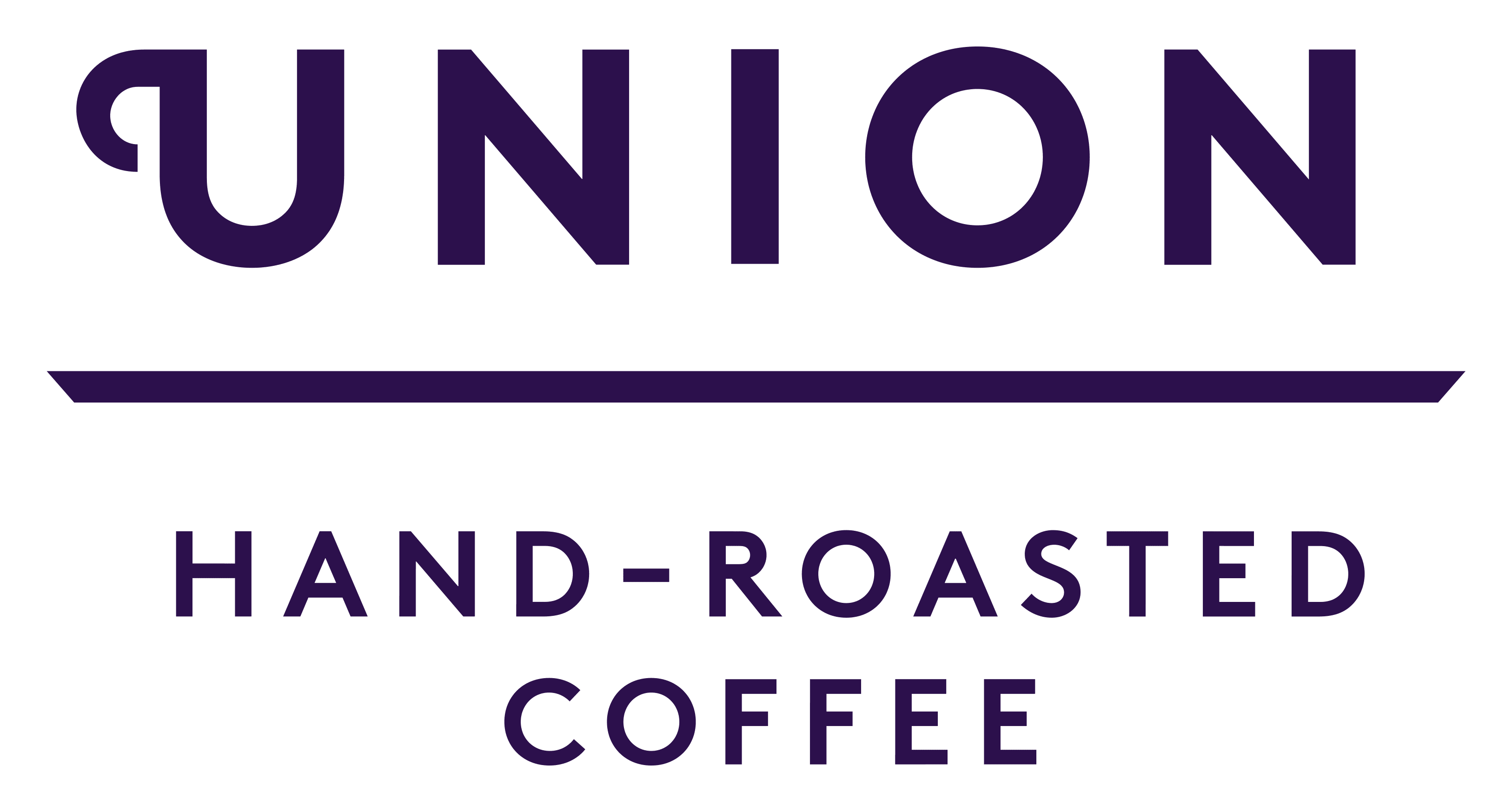Extending Our Commitment to making a positive Impact.
At Union Hand-Roasted Coffee, we believe that coffee should not only be a memorable experience but also a force for positive change. Building on the success of our award-winning sourcing initiative, Union Direct Trade, we're thrilled to introduce the Union Direct Trade Fund—an exciting extension of our commitment to quality, sustainability, and the well-being of everyone involved in our coffee journey.


